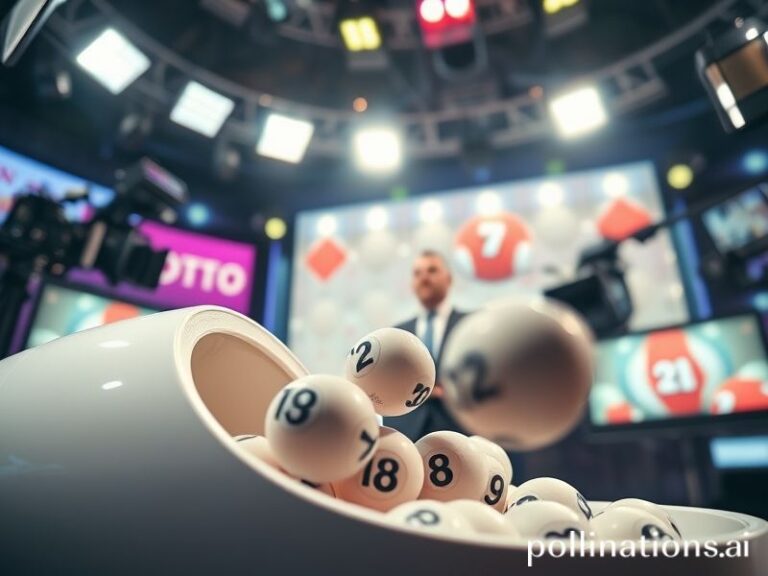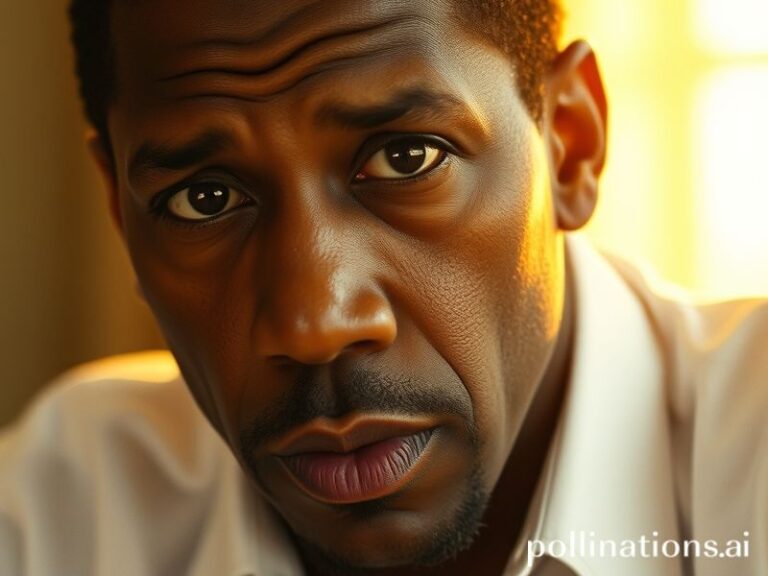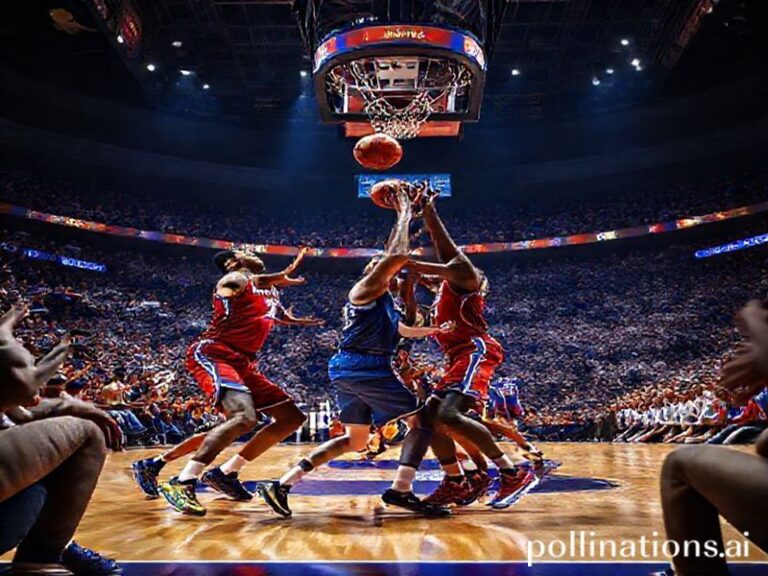Mateusz Gamrot: Poland’s Latest Export Is a 155-lb Rebuttal to Globalism—and He’s Winning on Points
From Warsaw to Las Vegas via Abu Dhabi: Mateusz Gamrot and the Curious Case of the Polish Export That Punches Back
By the time most countries are content to sell the world cars, vodka, or at worst a surveillance app, Poland has quietly cornered a niche market in lightweight human projectiles. Enter Mateusz Gamrot—31 years old, two-time ADCC European champion, owner of a granite chin, and, in the grand tradition of Polish exports, something the accountants never quite put on the customs form: sheer spite polished into cardio.
Gamrot’s last outing in the UFC octagon was less a fight than a referendum on the global supply chain of violence. On one side: Arman Tsarukyan, a Dagestani grappler raised on war-zone gyms and goat-milk protein shakes. On the other: Gamrot, whose pre-fight training camp reportedly involved running up and down Gdańsk shipyard cranes while humming Solidarity protest songs—because nothing says “fight prep” like historical trauma with a side of shin splints. The bout ended in a split decision so narrow it could have been settled by a Brussels committee on agricultural subsidies, but the moral was clear: in an era when borders are policed by drones and trade wars, the most reliable Polish export is still a man who refuses to admit he is tired.
Observers from the International Monetary Fund—presumably taking a break from ruining breakfasts in developing nations—note that Gamrot’s rise coincides with a broader soft-power pivot. While Washington ships F-35s and Beijing ships TikTok, Warsaw ships someone who will triangle-choke you until you reconsider your life choices. Call it combat diplomacy: cheaper than NATO exercises, more persuasive than a sternly worded communique from the UN Security Council. If Joseph Nye coined “soft power,” Gamrot is busy inventing “choke power,” a brand of influence delivered via rear-naked compression at roughly 3.2 gigapascals per square inch.
Yet the global implications run deeper. Consider the fans: from Reykjavik to Riyadh, insomniacs huddle around illegal streams, cheering a man whose surname sounds like a sneeze but whose style resembles a tax audit—painfully thorough. Bookmakers in Manila adjust odds in real time; cryptocurrency bros in Singapore wager Ethereum on whether his takedown defense can survive late capitalism itself. Somewhere in a London pub, a hedge-fund analyst explains to a bewildered tourist that Gamrot’s leg-kick volume is “inversely correlated with emerging-market volatility.” The tourist nods, sips warm ale, and wonders when sport became a derivatives contract in shorts.
Gamrot also embodies the EU’s least-publicized crisis: a severe shortage of boring people. While Scandinavian countries compete for the title of “most existentially content,” Poland keeps producing athletes who treat comfort as an act of treason. This creates a diplomatic paradox. Brussels bureaucrats, fresh from codifying the acceptable curvature of bananas, now face a country whose most marketable talent is an unwillingness to tap out—an attitude not covered by any white paper on regional cohesion funds.
The cynic—okay, me—might argue that Gamrot’s career is merely neoliberalism’s latest contortion: a working-class kid turned human commodity, his every sprawl monetized by Disney-owned broadcast rights and crypto-sponsorships that evaporate faster than Russian oligarchs’ yachts. But there’s a darker poetry here. In a world where supply chains snap like overworked ACLs, where energy prices yo-yo like a Conor McGregor apology, Gamrot keeps showing up, cutting weight, throwing hands, and proving that some things—rage, endurance, an almost pathological refusal to lose—remain stubbornly Made in Poland.
So when the cage door clangs shut this Saturday in whichever desert arena the UFC has bribed this week, remember: you’re not just watching two men bleed for your entertainment. You’re watching a microcosm of globalization itself—raw, absurd, and inexplicably still standing after the third round. And should Gamrot’s hand be raised again, the bureaucrats will update their spreadsheets, the gamblers will cash out or double down, and somewhere in Gdańsk a crane operator will clock out, blissfully unaware that the night shift just punched the world in the face—again.







